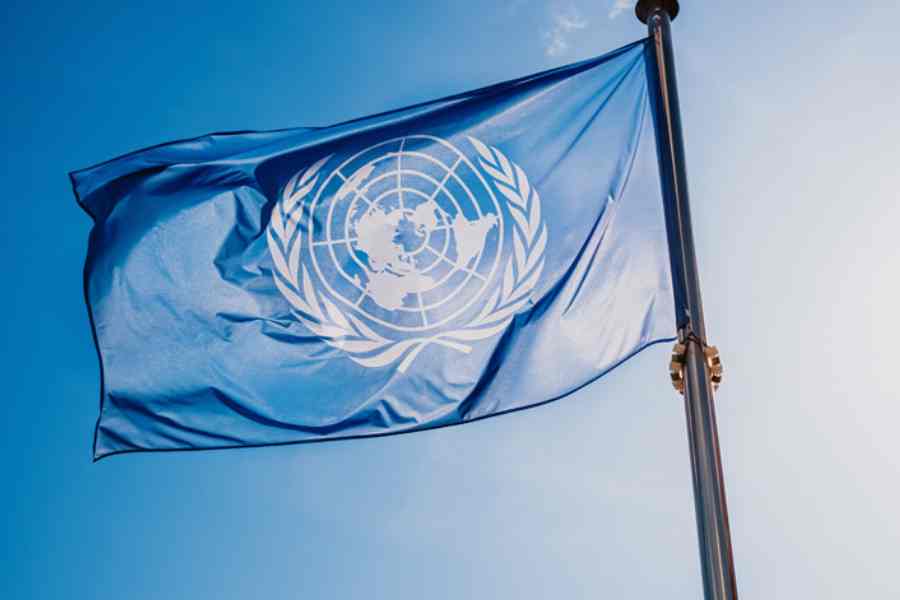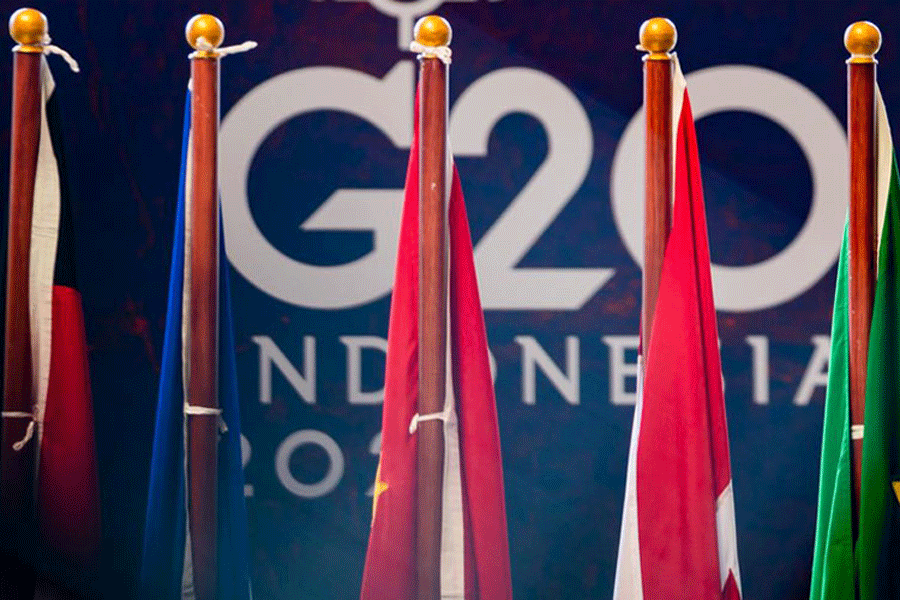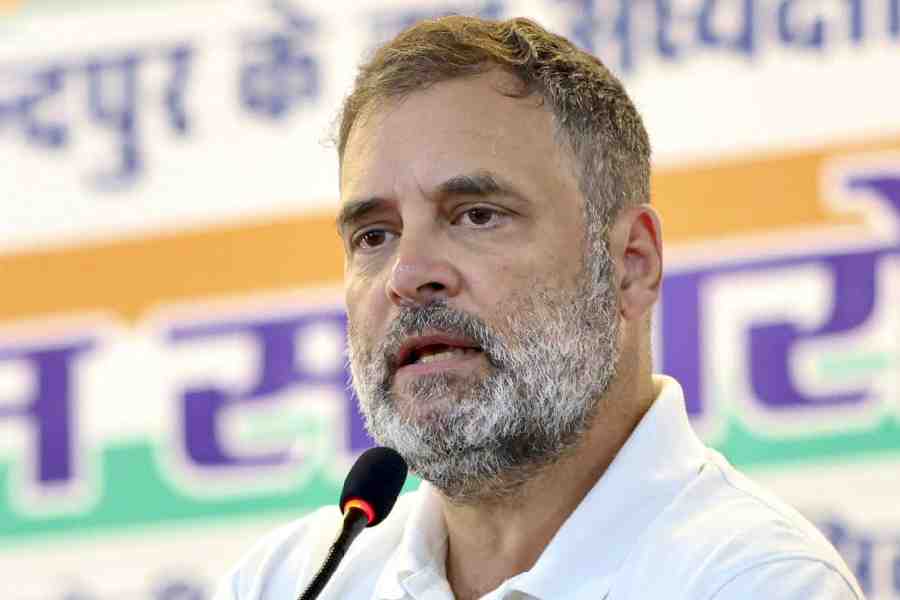The UN’s special rapporteur on minority issues, Fernand de Varennes, has accused the powerful G20 countries of “unwittingly” supporting the “facade of normalcy” in Jammu and Kashmir through their scheduled participation in next week’s meeting in Srinagar, evoking a strong reaction from New Delhi.
Srinagar is to host a G20 meeting from May 22 to 24, its first major international event since the 2019 scrapping of Jammu and Kashmir's special status. Most G20 countries have announced their participation despite opposition from Pakistan and China.
By holding a G20 meeting of the working group on tourism in Srinagar, the government is seeking to normalise what some have described as a military occupation, the statement said, adding that attempts were being made to portray the constitutional changes in Jammu and Kashmir as having an international "seal of approval”.
“Human rights violations have risen dramatically in Indian-administered Jammu and Kashmir since 2019 when the Government of India revoked the special status of the region,” Varennes, a Canadian professor, said. He referred to the recent remarks of Volker Türk, the UN high commissioner for human rights, before the UN Human Rights Council that there was “a worrying human rights situation in the Kashmir region”.
Varennes said the “direct rule” of Delhi had resulted in “massive rights violations including torture, extrajudicial killings, denial of political participation rights of Kashmiri Muslims and minorities” owing to “suspension of democratic rights and local elections”.
Jammu and Kashmir has been without an Assembly since 2018.
“The situation there has — if anything — become much worse since myself and fellow UN independent experts transmitted a communication to the Government of India in 2021,” Varennes said.
“We then expressed our grave concerns that the loss of political autonomy and the implementation of the new Domicile Rules and other legislation could alter the demographic composition of the former state of Jammu and Kashmir, may result in political disenfranchisement, and significantly reduce the degree of political participation and representation of the Kashmiri and other minorities previously exercised in the former state, undermining their linguistic, cultural and religious rights.”
The rights expert noted that there have been “reports of significant numbers of Hindus from outside the region moving into the region so that dramatic demographic changes are under way in Jammu and Kashmir to overwhelm native Kashmiris in their own land”.
In March, the government had told the Rajya Sabha that 185 people from outside Jammu and Kashmir had bought land in the Union Territory — including in Kashmir — in the last three years. Certain provisions of Article 370 barred outsiders from buying land in Jammu and Kashmir.
The government also claimed that 1,559 Indian and multinational companies were investing in Jammu and Kashmir.
Varennes said the G20 countries were “unwittingly providing a veneer of support to a facade of normalcy” at a time “when massive human rights violations, illegal and arbitrary arrests, political persecutions, restrictions and even suppression of free media and human rights defenders continue to escalate”.
Although Varennes did not mention names, he appeared to be referring to the arrest of journalists and human rights defenders in Jammu and Kashmir.
“International human rights obligations and the UN Declaration of Human Rights should still be upheld by organisations such as the G20,” Varennes said. “The situation in Jammu and Kashmir should be decried and condemned, not pushed under the rug and ignored with the holding of this meeting.”
India rejected the remarks and accused Varennes of acting “irresponsibly”. India’s permanent mission to the UN in Geneva rejected the statement as “baseless and unwarranted allegations”.
“As G20 president, it’s India’s prerogative to host its meeting in any part of the country,” the Indian mission tweeted.
The mission said it was “aghast” that the UN special rapporteur had “acted irresponsibly to politicise this issue, misused his position as SR to publicise on social media his presumptive and prejudiced conclusions in a gross violation of the Code of Conduct for SRs”.
Grand preparations are under way in Srinagar to host the foreign delegates. The session — the third G20 working group meeting on tourism — is aimed at conveying a strong message of normality in Kashmir to the global community. Around 50 delegates are expected to participate. Pakistan and China have opposed the meeting.
There has been, however, a spike in militancy in Jammu and Kashmir, forcing the authorities to engage elite marine commandos and the Black Cats to thwart possible attacks.
A high-profile security meeting in Srinagar recently decided to deploy the Marcos, a special forces unit of the Indian Navy, and the National Security Guards, popularly called the Black Cats, to secure meeting venues in Srinagar.












